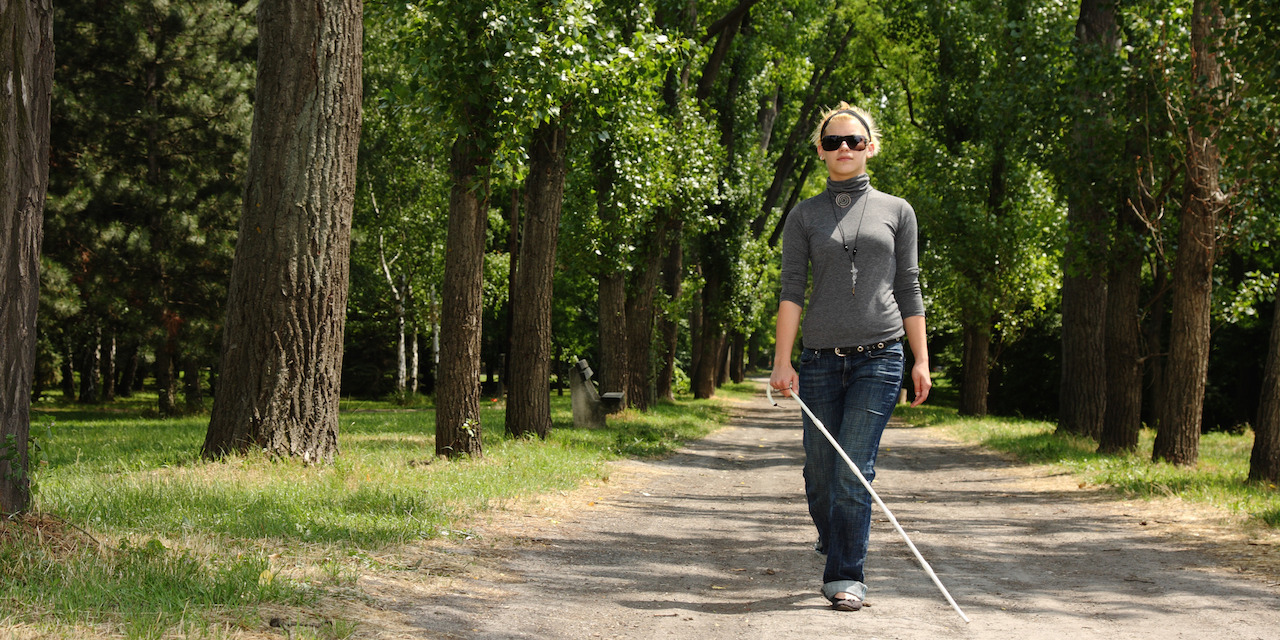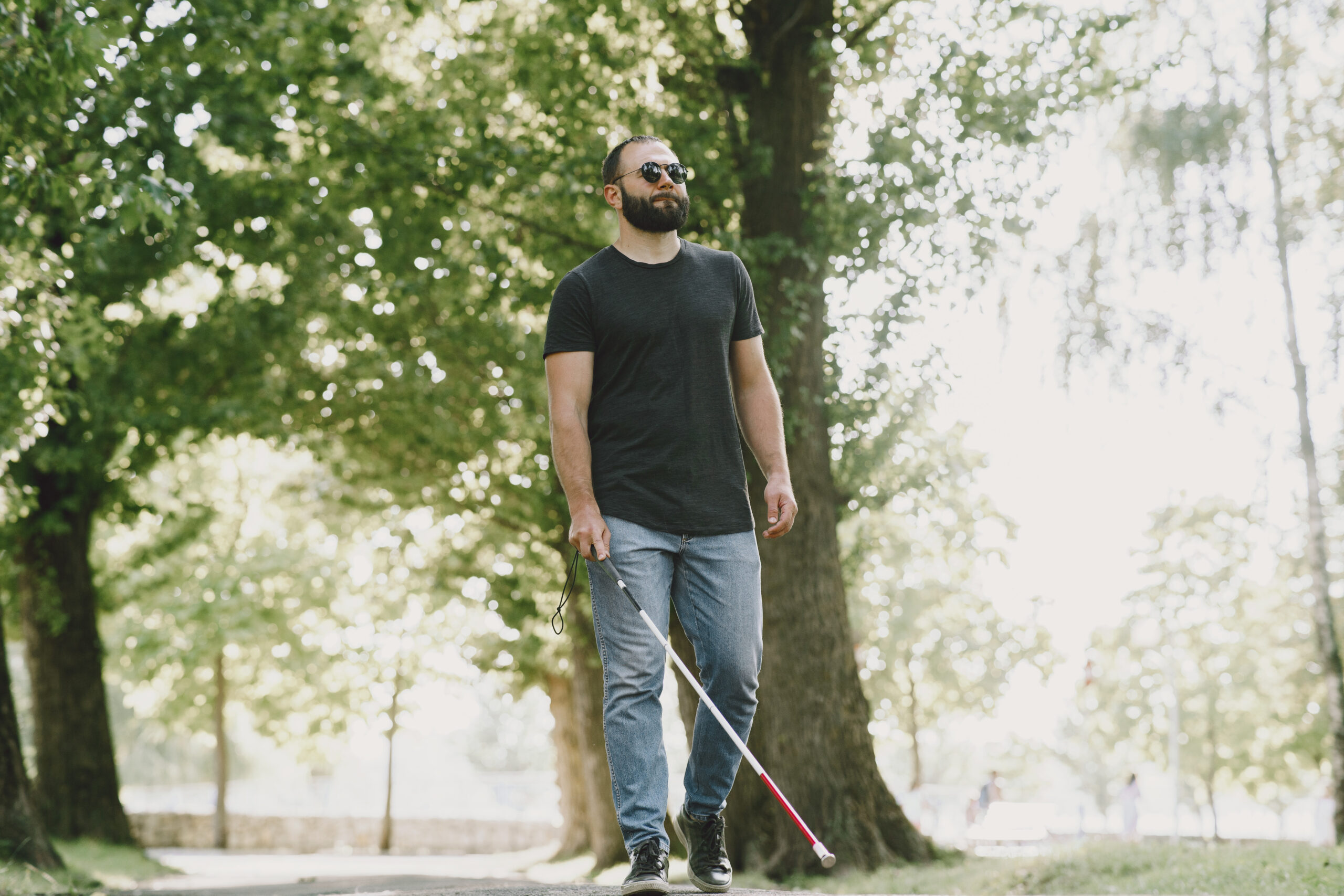Blind Dog Records - Unfiltered Career Insights
There is, you know, a very special kind of information that sometimes feels hard to find, like it is hidden in plain sight. It is the sort of honest, unvarnished insight that truly helps someone make sense of their working life. These are the "blind dog records" – the raw, deeply felt accounts shared by people who have been there, done that, and are willing to tell it like it really is, without any sugar coating.
We often feel a bit in the dark about things happening in our workplaces, or even about our own careers. It is almost as if we are trying to find our way through a new place with our eyes closed. That is where a place where real people can talk openly about their experiences comes in handy. It is a community built on trust, where millions of working people from all sorts of companies and different fields come together for genuinely frank conversations. This kind of open talk helps create a healthier workplace culture, one that can actually last a good while.
So, these "blind dog records" are not just about work stuff. They cover everything from getting good career advice and joining lively debates, to simply connecting with others who understand what you are going through. They are the honest stories, the real numbers, and the practical tips that can truly make a difference for anyone trying to figure out their next move or just trying to feel a little less alone in their professional life. We are going to look at how these kinds of insights get shared, and what makes them so valuable, actually.
- Haircuts For Straight Hair Men
- From Champion To Inspiration Ronnie Coleman Now
- Pok%C3%A9mon Odyssey
- Asianbunnyx Leaks
- Lamar Jackson Injury History
Table of Contents
- What Exactly Are Blind Dog Records?
- Why Do We Need Blind Dog Records in Our Working Lives?
- How Do Blind Dog Records Help Us See Things Clearly?
- Do Blind Dog Records Offer Real Career Advice?
- Are Blind Dog Records Just About Work Stuff?
- Can Blind Dog Records Reveal Tough Truths?
- What Makes Blind Dog Records a Trusted Place?
- How Do Blind Dog Records Keep Things Private?
What Exactly Are Blind Dog Records?
When we talk about "blind dog records," we are really talking about a certain kind of honest information. It is, you know, the kind of insight that comes from a place of genuine experience, often shared anonymously. Imagine a loyal companion, a bit like a dog, who always tells you the truth, even if it is a tough truth to hear. These records are those frank conversations, those real numbers, and those candid bits of advice that people share when they feel safe enough to be completely open. They are the unvarnished facts about workplaces, about different jobs, and about what it is truly like to work at certain places.
For instance, someone might be wondering about what it is really like to work at a particular large company. They might feel a little lost, like they are, you know, trying to find their way in the dark. These "blind dog records" are the details that come from people who are already there, telling you about the culture, the good bits, and the things that might be a bit challenging. They are not polished company statements; they are the actual, lived experiences. This kind of information helps you see what you might not otherwise, giving you a clearer picture of things that are sometimes kept quiet.
So, in some respects, "blind dog records" are the antidote to all the official, filtered information we usually get. They are the conversations where people do not hold back, where they can ask questions they might be too worried to ask anywhere else, and where they can get answers from people who have no reason to sugarcoat things. This means you can get a better sense of what is actually happening, which is pretty important when you are trying to make big decisions about your job or your future, you know.
- Imskirby The Dog Incident
- 1st Studio Siberian Mouse
- Ralph Macchio Net Worth
- Agentredgirl
- Aisah Sofey Leaked
Why Do We Need Blind Dog Records in Our Working Lives?
We need these kinds of records because, quite simply, the working world can be a bit opaque. Sometimes, you are not sure who to trust for honest opinions, or where to get the real scoop on a company or a job role. People often put on a good face, or companies only share the very best parts of themselves. This can leave you feeling a little unsure, perhaps like you are, you know, walking around with a blindfold on, trying to guess what is ahead. That is where the value of "blind dog records" comes in, actually.
They provide a space for people to talk without worrying about who is listening, or about any sort of judgment. This freedom to speak openly means that the information shared is often much more genuine and useful. Think about trying to get real advice about a career change, or trying to understand why certain things are happening at your own company. Without these kinds of unfiltered records, you might just be guessing, or relying on information that is not quite complete. It is like having a trusted guide who has seen it all, telling you exactly what to expect, and that is a very helpful thing to have, really.
Moreover, these records help create a more balanced view of things. When you can hear from many different people, with all their varied experiences, you get a much fuller picture. This helps you avoid making choices based on incomplete or overly positive information. It is about getting the full story, the good with the not-so-good, so you can make choices that are truly right for you. It is, basically, about giving people the power to make better decisions because they have access to truly honest information, which is something we all need, you know.
How Do Blind Dog Records Help Us See Things Clearly?
These "blind dog records" help us see things clearly by pulling back the curtain on what is really happening in workplaces. When people share their honest conversations, it is like shining a light into corners that might usually stay dark. You get to hear about the day-to-day realities, the unspoken rules, and the actual feelings people have about their jobs and their employers. This kind of candid talk is so valuable because it fills in the gaps that official statements and polished websites just cannot cover, you know.
For example, if you are thinking about joining a new company, you might read all the nice things they say about themselves. But then, you could look at the "blind dog records" shared by people who actually work there. You might find out about the true work-life balance, or what the company culture is really like when the doors close. This helps you get a much more accurate picture, helping you avoid any surprises down the line. It is like getting an inside look, basically, which is pretty useful, you know.
Also, these records help people understand the bigger picture of their industry. You can see patterns in what people are talking about, what problems keep coming up, or what new things are exciting others. This kind of collective insight helps you stay informed and make smarter choices about your own career path. It is about being truly aware, rather than just guessing, and that is a pretty important difference, too.
Do Blind Dog Records Offer Real Career Advice?
Yes, they absolutely do offer real career advice. When people come together in a place where they can speak freely, they naturally share what they have learned. This means you can find practical tips on everything from how to prepare for a job interview, to what questions to ask when you are thinking about a new role. These are not just general suggestions; they are often very specific pieces of advice that come from actual experience, so.
Think about it: someone who has just been through a tough interview process at a company you are interested in can tell you exactly what to expect. They can share the kinds of questions they were asked, or what the atmosphere was like. This is the kind of specific, actionable advice that is hard to find anywhere else. It is like getting a cheat sheet from someone who has already passed the test, which is, you know, incredibly helpful.
Beyond interviews, "blind dog records" also provide advice on things like salary expectations. People openly share what they are earning, and this helps others understand what is fair and what they should be asking for. This kind of pay information is often kept very quiet, but these records bring it out into the open, giving people a much better chance to get paid what they are worth. It is, in a way, a very powerful tool for personal growth and getting ahead in your job, really.
Are Blind Dog Records Just About Work Stuff?
No, not at all, actually. While a lot of the conversations revolve around jobs and careers, "blind dog records" often touch on much broader aspects of life that, you know, sometimes spill over into our professional worlds. People share all sorts of personal dilemmas and bigger life questions that impact their work, or that they are just trying to figure out in general. This shows that our jobs are not separate from who we are as people, and that is a very important thing to remember, really.
For instance, someone might be talking about a personal situation, like family plans or financial decisions, and how those things affect their job choices or their stress levels at work. These kinds of conversations might seem personal, but they are a very real part of what makes up a person's working life. The platform provides a space where people can discuss these intertwined issues without feeling like they are being judged, which is pretty rare, you know.
So, you might find discussions about balancing family responsibilities with a demanding job, or about the mental toll certain work situations can take. These "blind dog records" are a reminder that people are complex, and their work lives are influenced by many things outside of the office. It is a place where you can find support and perspectives on all sorts of challenges, not just the ones directly tied to your daily tasks. It is about understanding the whole person, in a way, and how everything connects, you know.
Can Blind Dog Records Reveal Tough Truths?
Yes, they certainly can reveal tough truths, and that is a big part of their value. Sometimes, the most helpful information is the kind that is not always pleasant to hear. "Blind dog records" are where people talk openly about things like job cuts, or problems with management, or even about how certain company policies are not working as well as they should. These are the kinds of discussions that can be uncomfortable, but they are also very important for people to know about, you know.
For example, when a company is planning job cuts, the news might come out officially in a very formal way. But on a platform where "blind dog records" are shared, you might find people talking about the real impact on morale, or about the specific departments that are being affected. This kind of direct, unfiltered information gives people a much clearer picture of what is happening, allowing them to prepare or to offer support to others. It is like getting the inside story, basically, from the people who are living it.
These records also help challenge common assumptions. Someone might think they are a "good person," but then they get honest feedback from others that makes them think twice about their actions. This kind of unbiased communication helps people see themselves and their situations more clearly, even if it is a bit uncomfortable. It is about getting the real picture, without any filters, and that can be a very powerful thing for personal growth, really.
What Makes Blind Dog Records a Trusted Place?
What makes "blind dog records" so trusted is the way the community is set up to encourage honest conversations while keeping things private. It is a place where millions of professionals from many different companies and industries feel safe enough to share their thoughts openly. This feeling of safety comes from knowing that their identities are protected, allowing them to speak freely without fear of consequences from their employers or colleagues, you know.
The core idea is that when people can be truly anonymous, they are more likely to be candid. This means the information shared is usually very genuine, because there is no reason to hold back or to try to impress anyone. This creates a very reliable source of information, where you can get a real sense of what people are thinking and feeling about their workplaces and their careers. It is, in a way, like having a secret handshake with millions of people, all sharing their true experiences, basically.
This trust is built over time, as people see that the platform truly values their privacy and that the conversations are indeed honest. When you see others sharing difficult truths or asking sensitive questions, and getting helpful, honest responses, it builds confidence in the system. It is about creating a space where the truth can come out, even when it is hard, and that is a very important foundation for any community, really.
How Do Blind Dog Records Keep Things Private?
"Blind dog records" are kept private through systems that protect user identities, which is a very important part of what makes the whole thing work. The community is built so that people can have candid discussions without their names or specific details being linked back to them. This means you can talk about sensitive topics, like salary details or company layoffs, without worrying about who might be listening or what the repercussions could be, you know.
There are also private company channels, which add another layer of privacy and focus. Within these channels, users can talk specifically about their own workplace, sharing insights and concerns that are only relevant to their colleagues. This allows for very targeted and deeply honest conversations about internal matters, all while maintaining a secure and anonymous environment. It is like having a very private meeting room, just for people from your company, where everyone can speak their mind freely, so.
This commitment to privacy is what allows the "blind dog records" to be so valuable. It is what allows for the sharing of comprehensive salary data, for instance, or for people to give truly unbiased reviews of their companies. Without that strong sense of privacy, people would not feel comfortable sharing such personal or sensitive information, and the whole system would not work as well. It is, basically, the foundation upon which all that honest communication is built, and it is a very carefully managed aspect of the platform, too.

Tips for Interacting With Blind People | The Mighty

Young blind man in dark glasses walking with a cane stick on the street

Helping Blind People